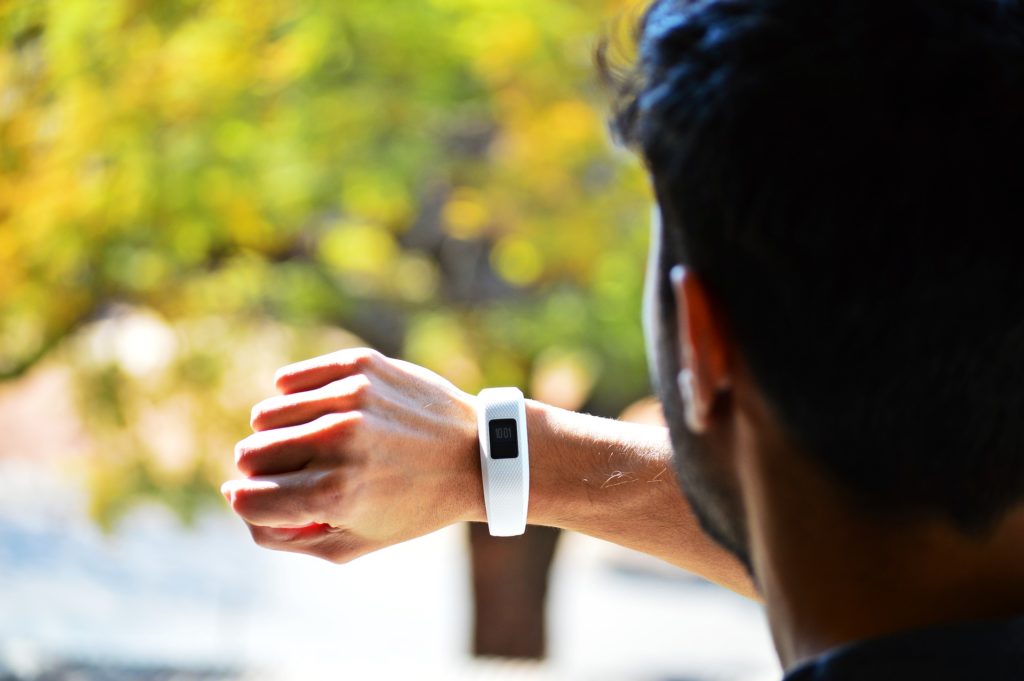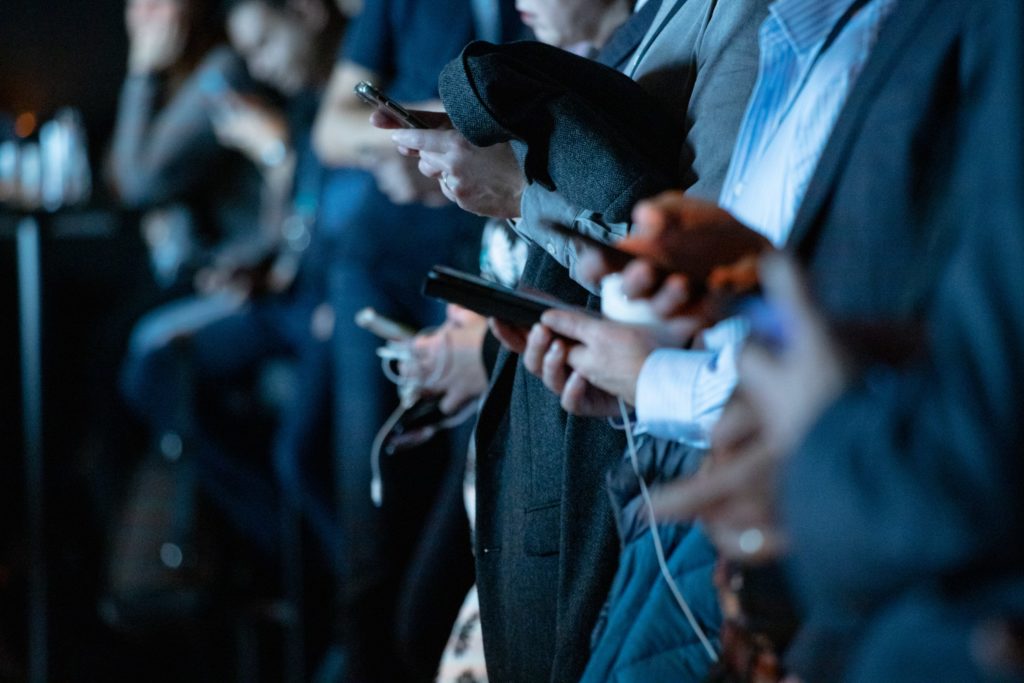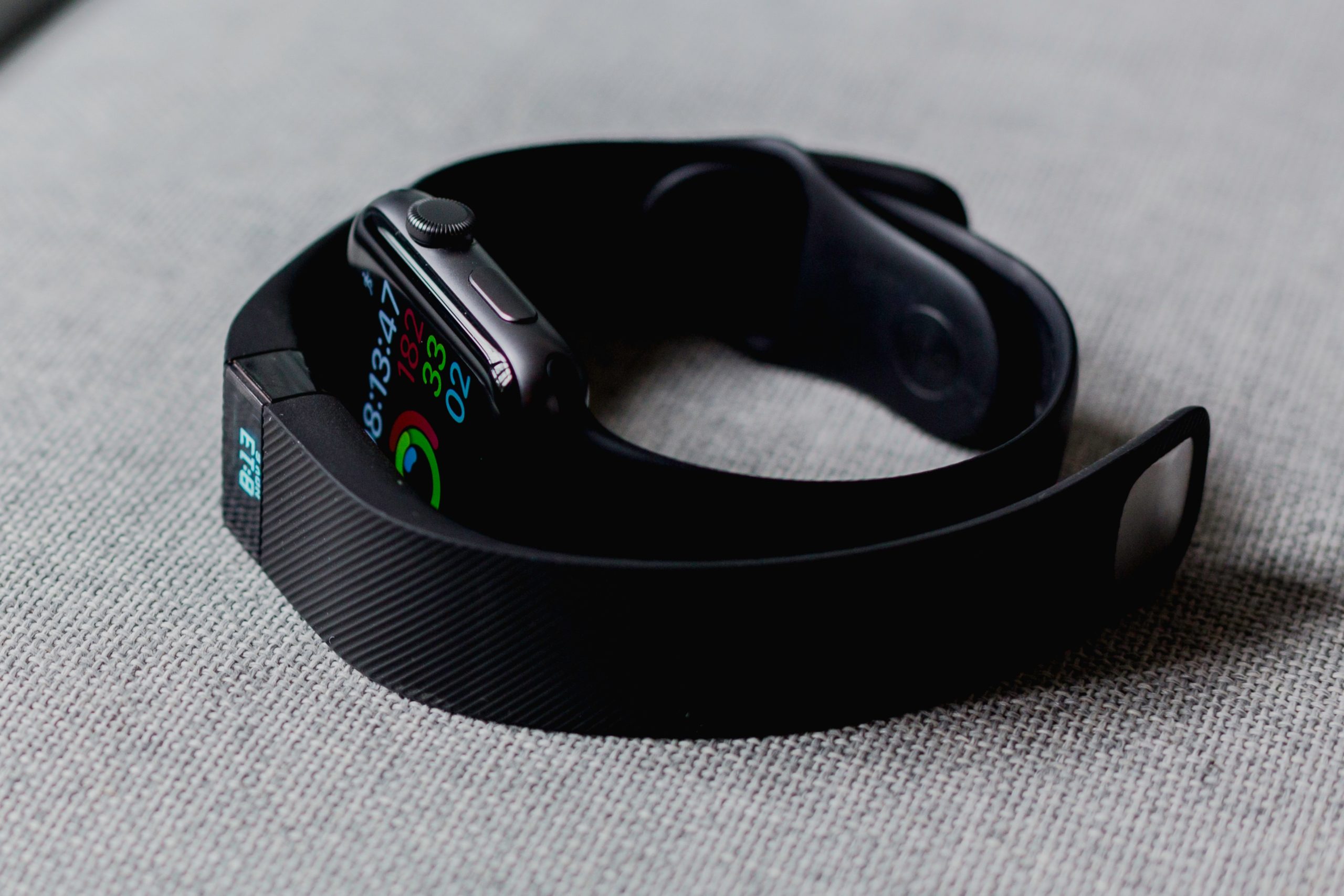Wearable activity trackers such as Fitbit are increasingly touted as holistic solutions for managing one’s health. Chronic conditions (such as my own) are of particular interest, with complaints that the device may be giving some users health anxiety.
However, consumer health technologies like this and the Apple Watch are developed commercially. As such, they are not constructed with only the patient in mind. Fitbits may be great tech, but they cannot be viewed as a custom-built clinical device.
A new study suggests such wearable tech can, in some cases, do just as much harm as good, with worrying potential impacts on patient mental-health.
So, are Fitbits and Apple Watches still worth a try? Do the benefits outweigh any potential fears? And what other tech could be causing us unnecessary anxiety?
The upside: Fitbit motivation
The recent study, published in the Journal of Medical Internet Research, explored how patients interact with consumer wearable devices. In this case, Fitbits were trialled by sufferers of chronic heart disease.
Many participants reported the commonly-advertised benefits of the Fitbit device. For example, some found the nudge notifications to reach 10,000 steps very useful. Others were reassured by checking their heart rate and finding it was within a safe range when attempting exercise. For people in good physical and mental health, these technologies can indeed have a positive impact.

The downside: wearable anxiety
However, some patients found the Fitbit’s feedback confusing and worrying. Given the health and subsequent sleep issues of participants, repeatedly being notified that they were not sleeping enough was disconcerting, and not particularly helpful.
Chronic conditions are, as you might expect, proven to increase a person’s likelihood of experiencing depression and anxiety. Some participants in the study observed that wearing a Fitbit introduced new anxieties into their lives. This happened, in part, because they were unsure of the validity of the data.
The study provides examples of how “medically unvalidated heart rate data poses a risk for patients taking inappropriate action”. Patients might use Fitbit heart rate numbers to diagnose a cardiac arrest when running. Or, upon experiencing chest pain and dizziness in the office, some were then “using Fitbit to decide what to do”. This is where wellness tracking devices are, clearly, out of their depth, and should not be oversold for their clinical impacts.
The authors conclude that more academic attention needs to be paid to the topic. Specifically, “Designers and health authorities should consider this complexity and ambiguity when determining the usefulness of self-tracking data in chronic illness.”
In other words, before we can sing the praises of wearable tech, we need to be fully aware of the potential negatives. Without further research, we cannot yet know if the physical benefits outweigh the mental drawbacks.

Other tech harming our mental wellbeing
Apps and smartphones have, without a shadow of a doubt, countless benefits. One of my personal favourites is Duolingo. The app is genius, and has revolutionised freely accessible language learning. The only downside? Duo itself. That’s green little Duo, the judgemental owl.
Teachers are constantly made to feel guilty for our lengthy holidays. My response is, of course, if you’re truly jealous, join us!
The UK is crying out for more STEM and language teachers, in particular. In addition to my Nan’s and non-teacher friends’ jibes, I recently had the Duo bird chirping up. On a road trip or while camping, my phone didn’t often have charge and, blimey! Duo was livid. I’ve had unhappy relationships end with less grief than I got from this bird.
Changing Duo’s design and emotive characteristics was no accident. The developers want you to feel bad, ashamed even, if you don’t use their app. In fact, the crying owl has been A/B tested over several iterations, so even the number of teardrops shed is tailor-made.
This kind of behavioural manipulation is why we sometimes find ourselves scrolling Facebook, Insta or Twitter before even opening the curtains in the morning.
Much more to learn
The JMIR study focused on the impacts on chronically ill patients, but wider research shows more attention must be paid to the mental health impacts of all lifestyle tech, with social media a primary concern.
Less than a century ago, people were still known to read books. If a half-read novel was found to depress and stress its owner, it would have been feared and perhaps banned.
Books are useful. Tech, too, is useful. But the add-ons might be harming us. Understanding is needed to safely harness the power of wearable and smartphone technologies.
A first step could be to turn off all but the most necessary notifications. After all, if it’s an emergency, your smartphone still operates in retro-mode. That is, as a phone.
- Reasons to feel positive about UK attitudes to a covid-19 vaccine
- Scottish pupils are being asked about their experiences of school closures during covid-19 lock-down
- Victoria’s Secret finally set to embrace all women
- The Edinburgh Festival 2020 is cancelled but organisers are keeping the festival spirit alive
- Would you attend a Zoom wedding?
